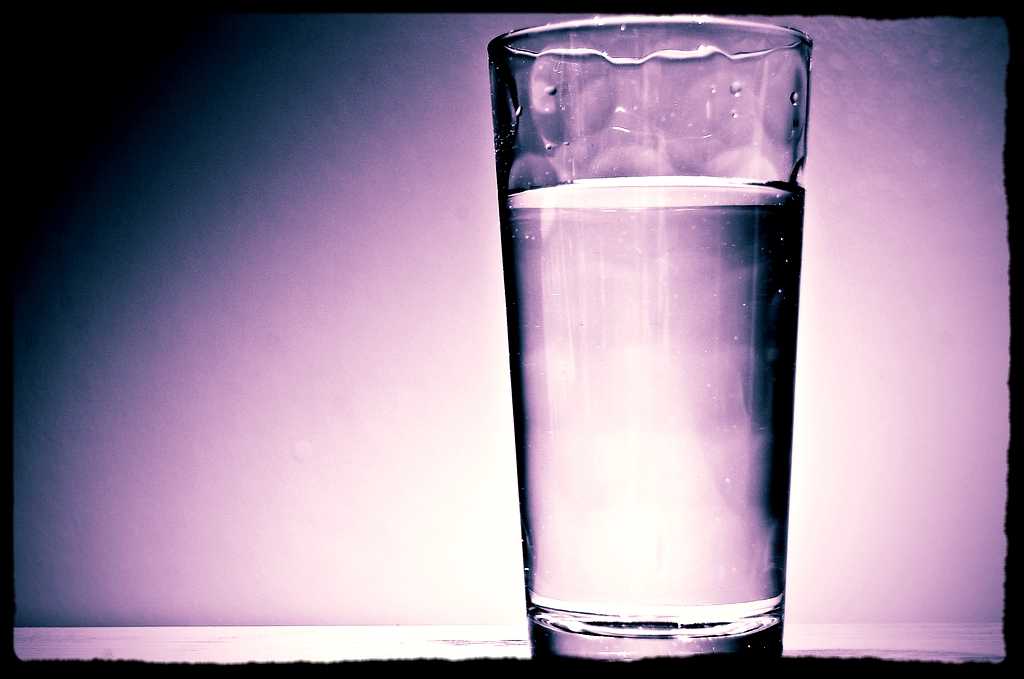
The salacious summer sun has finally arrived and with it, a slew of outdoor activities! But for chronic migraine syndrome sufferers, the climate shift from cold to hot means you need to be extra mindful of episode triggers. One of the most commonly missed migraine contributors is dehydration, which can be like a migraine land mine when warm weather and increased activity butt heads. To reduce your risk of inducing a migraine attack, you need to understand what dehydration means for your body, how it contributes to migraine pain and how to avoid falling victim.
Dehydration
Our body is comprised of 65% water. As we go about our daily activity, we must replace the fluids (including salts, carbohydrates and electrolytes) our system uses to physically and cognitively function. Failure to do so results in dehydration. Many people incorrectly believe that dehydration is only identifiable through the existence of thirst. While liquid cravings are a distinct symptom of dehydration, many other red flag indicators exist, including:
- Fatigue
- Muscle cramping or weakness
- Dizziness and confusion
- Skin tenting (pinched skin does not recoil)
- Decreased urine output
- Dark coloration of urine
- Increased heart rate
- Headache or migraine pain
Here’s something scarier than dehydration: This Economic Impact Infographic of Migraines Will Leave you Speechless
Over the span of 24 hours, it can take 64 to 80 ounces of fluid to replace water levels in the body depending on perspiration and urine output amounts.
The Connection Between Migraines & Dehydration
Migraine pain due to dehydration can be pinpointed to the front, back or side of the head or experienced all over and pain will increase with movement (like bending forward). The exact correlation between migraine attacks and dehydration is unknown but a few theories exist that could explain:
- A migraine episode may be a byproduct of the body’s attempt to maintain remaining fluids.
- Dehydration causes blood volume to decrease and blood oxygen flow restriction to the brain. When this occurs, blood vessels leading to the brain dilate and the swelling leads to migraine pain.
- Low fluid levels may cause a chemical shift in blood that the brain interprets as migraine pain.
Treatment for Dehydration
Treatment for dehydration depends on severity. The more depleted water levels are within the body, the more aggressive treatment should be. There are three basic stages of dehydration:
Mild (thirsty, dry or sticky mouth, decreased urine output)
For mild dehydration, drink fluids. Sports drinks contain electrolytes and salt that will help replenish depleted resources in the body, but consumers should be aware of the amounts of sugar in these products. Pedialyte is also helpful, as it contains carbohydrates that bolster absorption function in the intestinal tract.
You may also be interested in this article: Why So Many Chronic Migraine Patients Suffer From Depression
Moderate (dry cool skin, headache, muscle cramps)
For more intense episodes of dehydration, rehydration is imperative and may require a trip to the emergency room for IV fluid intake, which hydrates the body faster than oral intake.
Severe (confusion, dizziness, rapid heartbeat, shriveled skin, shock)
Severe dehydration is life threatening and requires that immediate action be taken. If someone is severely dehydrated, get him or her to a hospital as quickly as possible for IV fluid intake and vital monitoring.
Prevention
To avoid triggering an episode, migraine sufferers must be adamant about prevention, especially during the summer months. Start by understanding what factors contribute to dehydration:
- Warm weather
- High altitudes
- Increased physical activity
- Weight loss
- Illness
- Chronic disease (diabetes, kidney disease, alcoholism, etc.)
Next, consider how you feed your body. Adult men should consume at least 3 liters of fluid every day and adult women – 2.2 liters. Be conscious of your consumption of caffeine and alcohol, as they can contribute to dehydration and frequently register as migraine triggers. Plan ahead for physical activity by hydrating the day before and supplement fluid intake with sports drinks to replenish lost electrolytes and salts. If enjoying the sunshine, take breaks in a shady location and if ill, be sure to focus on drinking lots of fluids.
By listening to your body and being able to identify warning signs, you can catch dehydration at its preliminary onset and rehydrate to avoid triggering a migraine episode. To help prevent dehydration-induced attacks, always travel with a summer migraine kit that includes water, sports drinks, medication, a small snack and any other items that could help to reduce or eliminate your migraine symptoms.
Image Source: Ryan Hyde

